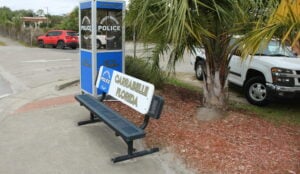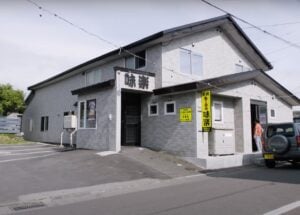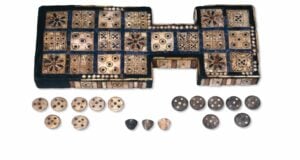Most of us have encountered some of the more bizarre place names in Britain. Little Snoring, Itchingdon, Pity Me, and, of course, Shitterton, have all gained a place in the toponymical hall of fame. But what about those whose names, both familiar and obscure, can help us unlock many others?
Here are ten place names that tell a useful story.
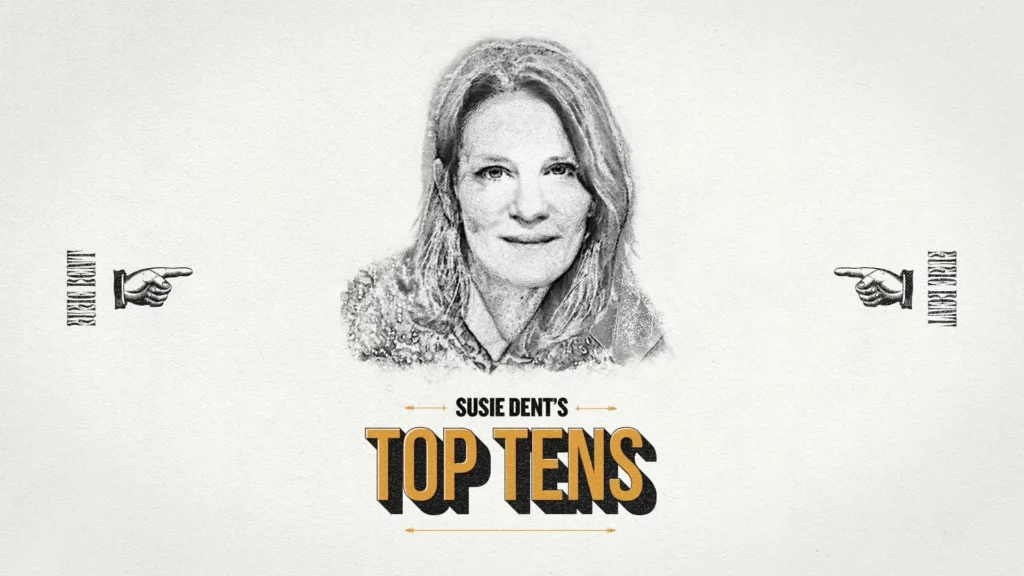
1. Barnstaple
This one seems obvious on the face of it – it must involve a barn at some point – but it is in fact anything but. Its name is made up of the Old English bearde, meaning ‘battle-axe’, and stapol, which meant a ‘pillar’ or ‘post’, and which traditionally signified a meeting place. Put the two together and you have a description of a busy trading post that was also a stronghold designed to fend off Danish invaders. Other names, such as Dunstable, have the same beginnings as important meeting points.
2. Steeple Bumpstead
Given that the parish church in Steeple Bumpstead is steeple-less, the origin of the name of this East Anglian village seems a little curious. It may stem from a fanciful story that the steeple was destroyed by a wizard with a blizzard, but may simply be a more poetic reference to the church’s tower. The ‘bumpstead’ is a little more explicable, meaning ‘place where the reeds grow’, a nod to the vegetation that flourished in the stream running through the village. The same stead suffix can be found in Stansted (stony place) and ‘Hampstead’ (homestead).
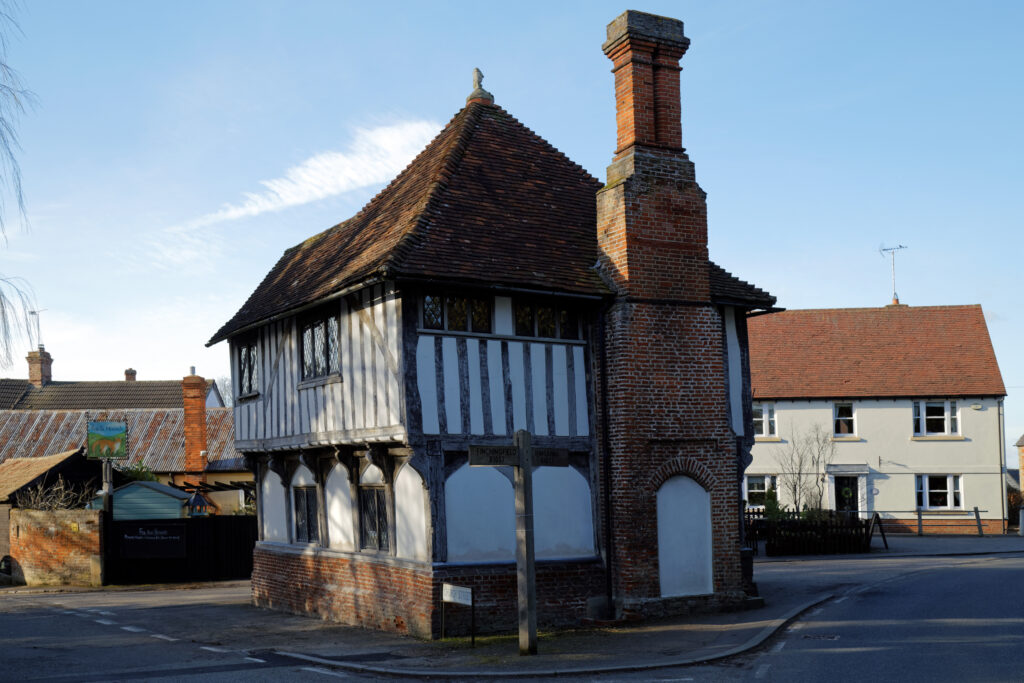
3. Cleethorpes
The suffix thorp or thorpe, which is liberally sprinkled throughout British placenames, once signified a farmstead, often one on the outskirts of a settlement. The name Old Clee is recorded in the Domesday Book, in which ‘clee’ here refers to the district’s clay soil.
4. Droitwich
The Romans called the settlement here Salinae, ‘place of the salt’, reflecting the fact that this is one of the few places in the UK where naturally occurring saltwater springs from the ground. Salt extraction here began as early as the 3rd century BC. Droitwich appears in the Domesday Book as simply ‘wich’, from the Old English wic, ‘dwelling place’ – particularly a coastal one – but it was also known as ‘Saltwich’. By the Middle Ages the salt works had clearly become dirty and muddy, and the word ‘drit’, Middle English for ‘dirt’, had been added to the equation.
Read More: Susie Dent’s Top Tens: 10 ‘Americanisms’ that aren’t actually American
5. Ramsbottom
No rams seem to have been harmed in the making of this name, and certainly not their bottoms: rather the name of this market town in Greater Manchester probably derives from the Old English yramsa, ‘wild garlic’ – probably because the plant grew in abundance here. ‘Manchester’ itself was known to the Romans as Mamucium, meaning ‘breast-shaped hill’.
6. Accrington
Most place names ending in ‘ington’ mean ‘farmstead established by the clan of X’. Darlington, for example, was ‘the settlement of Deornoth’s people’, and London’s district of Kennington was the “farmstead established by a man called Cēna”.
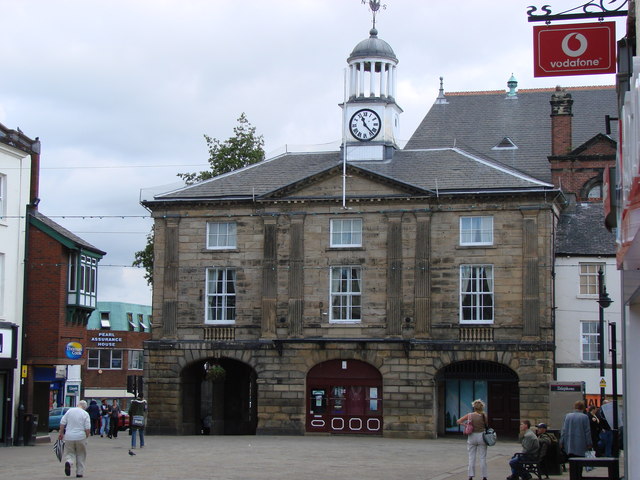
7. Pontefract
Place names beginning with ‘pont’ crop up frequently in Wales, where the word means ‘bridge’ and is often followed by the name of the river flowing under said bridge, such as Pontyclun, Bridge over the River Clun. Pontefract, in West Yorkshire, has a similar origin; its name translates literally as ‘broken bridge’. It is thought to refer to a small bridge over the Wash Beck, a stream to the east of the town. Legend has it this bridge was broken by William the Conqueror to prevent the advance of an enemy.
8. Unthank
You can find Unthanks in many parts of Britain, including North Yorkshire, Northumberland, and Dumfries and Galloway. Its name comes from the Old English unthances, meaning ‘without leave’. The reference may be to squatters occupying land without permission, or land that was particularly unrewarding when it came to putting it to use. Either way, each Unthank had a long way to go to change its early, thankless, reputation.
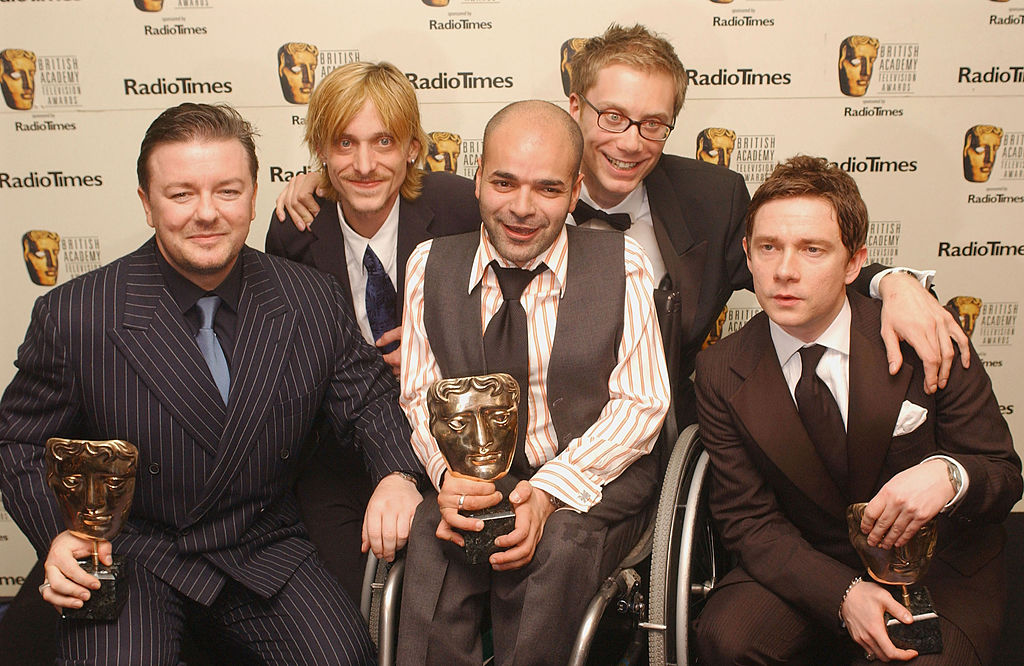
9. Beachy Head
Rather than referring to a beach as you might expect, ‘Beachy Head’ has an even lovelier origin, starting off as the French Beauchef, ‘beautiful headland’. The same note of admiration can be found in ‘Beaulieu’ in the New Forest, ‘beautiful place’ and Leicestershire’s Belvoir ‘beautiful view’.
10. Slough
Slough has had a rough ride over the years, thanks in no small part to John Betjeman who considered it unfit for humans. Sadly, history shows it’s never really had a moment in the sun. Its name, very probably, is the same as the word meaning ‘boggy place’. That Old English root slóh can be found, less obviously, in the scenic Cotswold villages Lower and Upper Slaughter.


